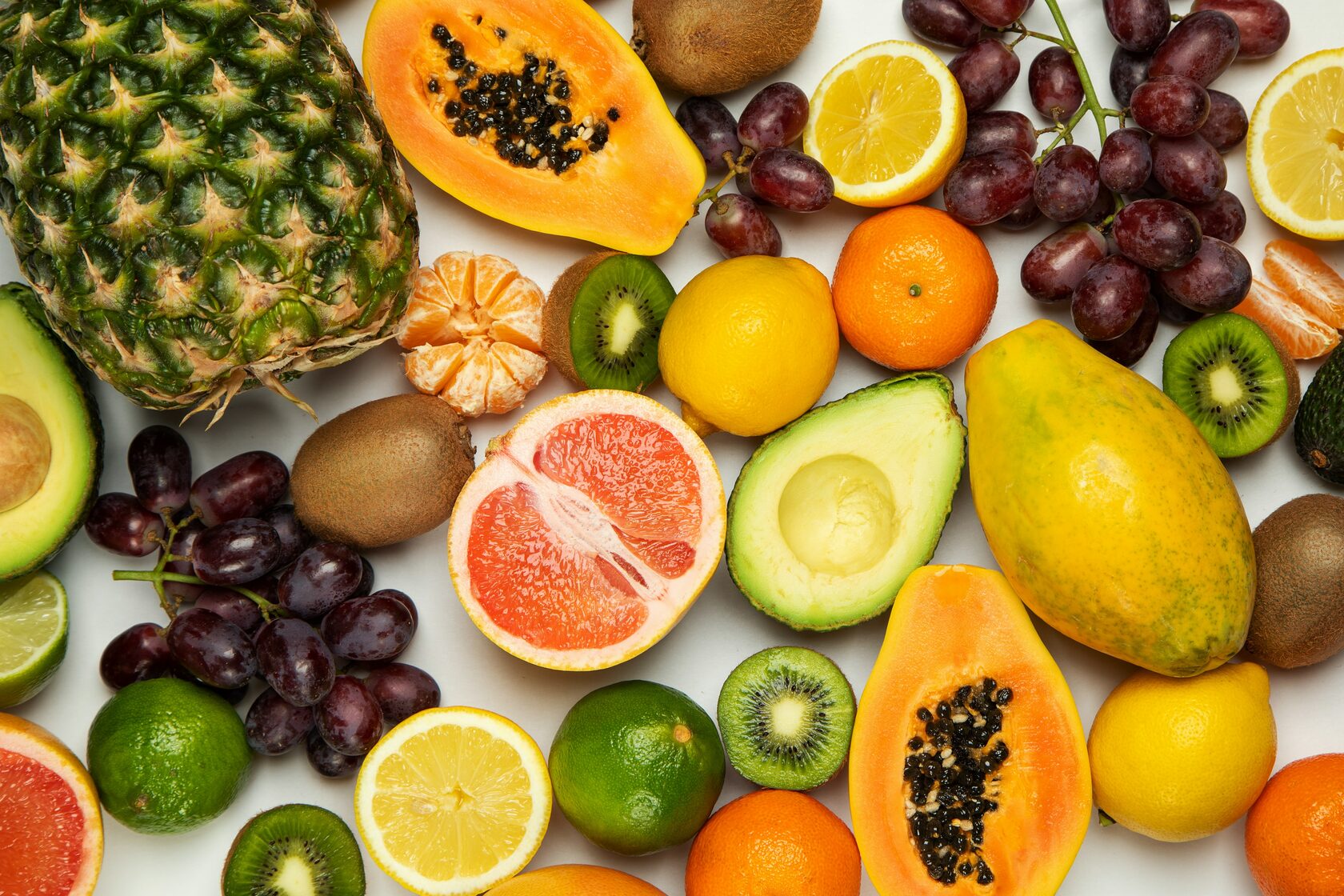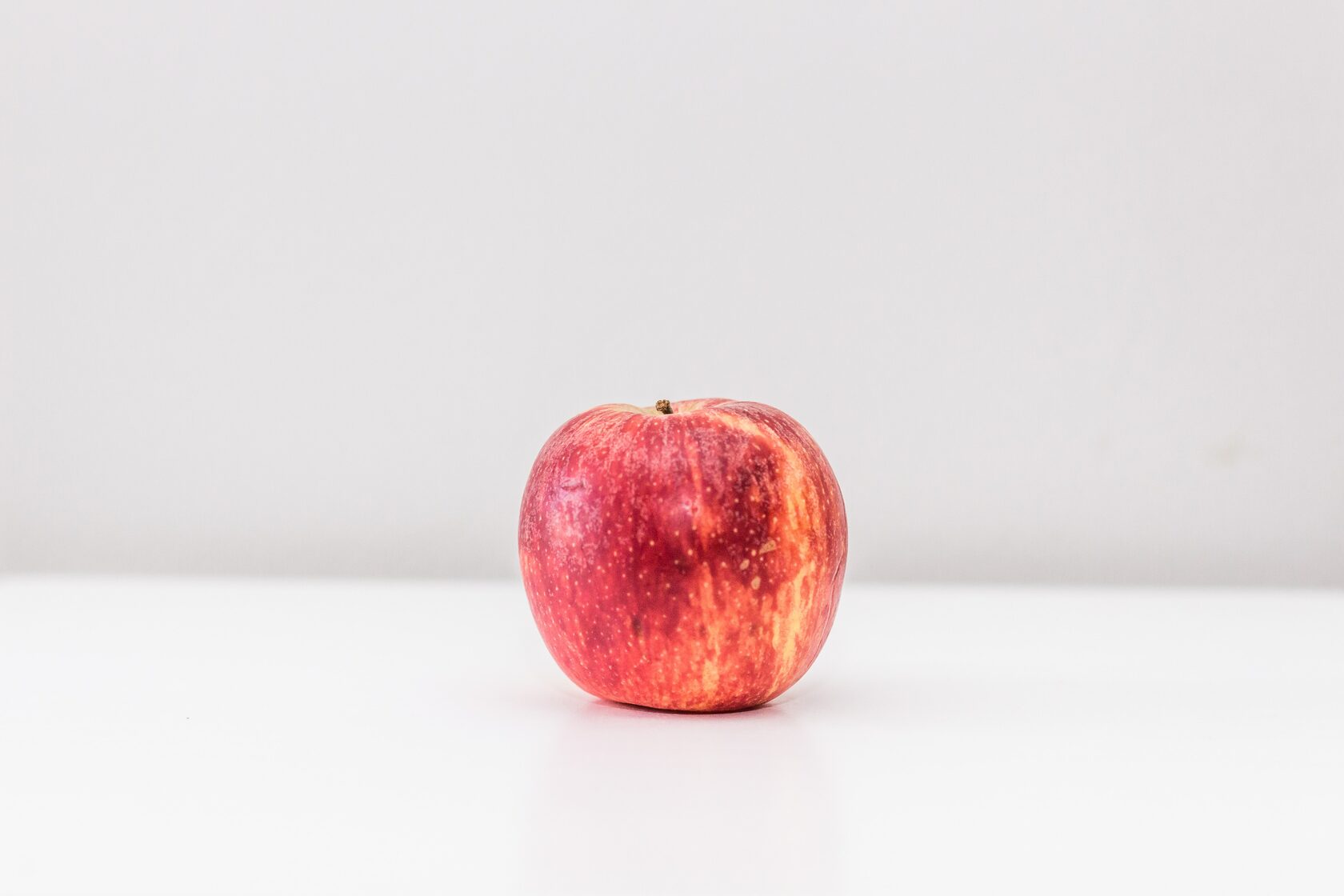That is why seasonal eating is so popular. It is obvious that a peach picked in its season is best if had straight away as opposed to the one stored for weeks. Therefore, seasonal eating is such a celebrated topic in the world. This is also the reason why restaurants with a seasonal philosophy are so appreciated and valued.
After collecting, fresh vegetables start to decay. If you take away the source of nutrition, they start to perish slowly. With the passing of time, their texture and flavour will get worse. Once crispy and crunchy, they will gradually dry out to become saggy and chewy, like lettuce or celery. Some fruit will become better tasting as they ripen, like bananas or avocados. But at some point, any fruits will run out of nutrition and start to deteriorate.

How to choose fruits and vegetables?
The best formula for fruits and vegetables is “the fresher, the better”. This means that you should always opt for the produce collected straight away from the source and cooked or served right away. However, most of us don’t have access to the source of fresh produce, so we have to pick what the suppliers are providing. Here are some general tips to follow when you buy fruits and vegetables for your restaurant:
- Pick the fruits and vegetables that are currently in season.This choice is always cheaper, better tasting and better for you and your customers.
- Buy the produce that is sourced closest to where you are located. Fruits sourced within the closest reach to your area are always better than imported. If you don’t have specific kinds of produce in your city, the closest proximity to your location is best. The further away the source is from you, the lower the quality.
- If the food travels long distances, you could end up with fruits and vegetables that are tasteless. Usually, such produce is picked too early and it won’t ripen on its own.
- Inspect the fruits and vegetables before you buy them. It’s better to check every piece. When buying from a wholesale supplier, don’t just grab vegetables or fruits in bulk. Inspect the whole box from top to bottom. Try to take at least several pieces, turn each one around, check it all over and smell. You should be looking for plump, crisp, and bright-coloured vegetables. They should look fresh and smell good. The ones that are fragrant are always tastier than the ones that have no smell.

- Give your preferences to the pieces that feel heavy, which means the fruit is moist and juicy. Avoid bruised, mouldy, blemished or shriveled vegetables. Such pieces are not fresh and they have probably been stored for a while.
- It is normal for some fruits to be picked and shipped while still unripe like avocados and bananas. You should allow some time for them to ripen properly, and they will reach the state when they are good to enjoy.
- This rule is not applicable to all fruits and vegetables. Generally, if the fruit is picked unripe, there’s a high chance that it will remain inedible or tasteless. The sign of subpar quality might be the produce looking waxy and perfectly symmetrical. The best fruits and vegetables do not always look this perfect and might be shaped irregularly and even have slight defects. But you won’t be able to say the same about their flavour.
- If the fruits or vegetables available from your local supplier are over-ripened, make sure you buy a small amount to be consumed right away. Otherwise, be mindful of your schedule - do you plan to use this produce within a day or two, or are you buying for the week.
If you’d like to get more tips on how to run your food business, read other articles on our blog.




